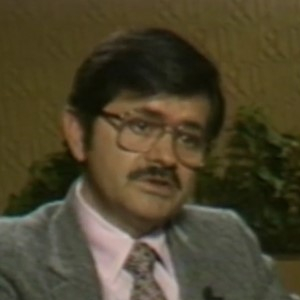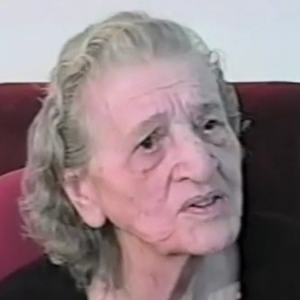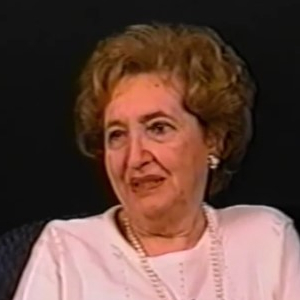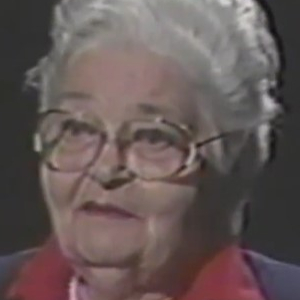Alexander Warner
Alexander describes a time when he was caught with his friend and arrested. He explains how they were captured, how he was beaten and how he got to Sachsenhausen concentration camp.
Alexander Warner was born in Sečovce, Czechoslovakia (presently in Slovakia) on October 7, 1930 to Felix and Sally Weinberger. He had one younger sister named Lucia. His parents and sister perished during the Holocaust, along with at least 50 other members of his immediate family. Alexander regularly attended religious school and had non-Jewish friends. He learned how to read Slovak, Hebrew, Hungarian, German, and English.
In 1939, antisemitic laws were put in place. Alexander could no longer attend school and his father had to sell the cinema he owned. In 1942 Jewish boys and girls started being taken to labor camps, but Alexander was too young and avoided the roundups. He then hid on farms in the countryside during roundups. In 1944, the Jewish population of Czechoslovakia was moved to the Western part of the country, and Alexander was moved to Zvolen (presently in Slovakia). Alexander went into hiding in the mountains.
When Slovak Nazi’s started to find hiding spots, Alexander went to Prešov (presently in Slovakia). In December of 1944 Alexander was captured while trying to escape and put on a train to Sachsenhausen concentration camp in Germany. In Sachsenhausen, Alexander was forced to do labor in an aircraft factory making tools. In April 1945, as the Soviet army was moving closer to Sachsenhausen, the prisoners were forced on a death march to Berlin. Alexander was liberated on this march by the Soviet and American armies.
In 1948, Alexander was sent to Canada as a war orphan. He arrived in Toronto, then went to Windsor. In 1954, Alexander moved to Ohio where he met his wife Suzanne and was drafted in the US army intelligence and sent to Germany in 1958 because of his linguistic capabilities. Alexander and Suzanne returned to Canada and settled in Toronto.
The full testimony is part of the Canadian Collection of Holocaust survivor testimonies. It is preserved in the USC Shoah Foundation’s Visual History Archive and accessible through the Ekstein Library.
Alexander WarnerI really got a beating… If it wouldn’t be for [my friend’s] picture of his grandfather, I would have gone through and continued the next day on the train.
Testimony to discover
-
Death March

Barry Davis
Barry describes the conditions of the death march the prisoners of Auschwitz were forced on.
Listen -
Rescuers

Bouena Garfinkle
Bouena describes how she smuggled Jewish children from Greece through Turkey into Israel.
Listen -
Camp

Clara Lengyel
Clara recalls being sick and getting offered to be taken to a hospital. After giving her name, the Blockälteste warned her and the other girls in her...
Listen -
Family Separation

Esther Honig
Esther remembers having to give her baby son Elie up for his safety. She remembers Mlle. Counard’s niece taking him and where he was taken.
Listen
Educators & Students
Educational guides
Check resources